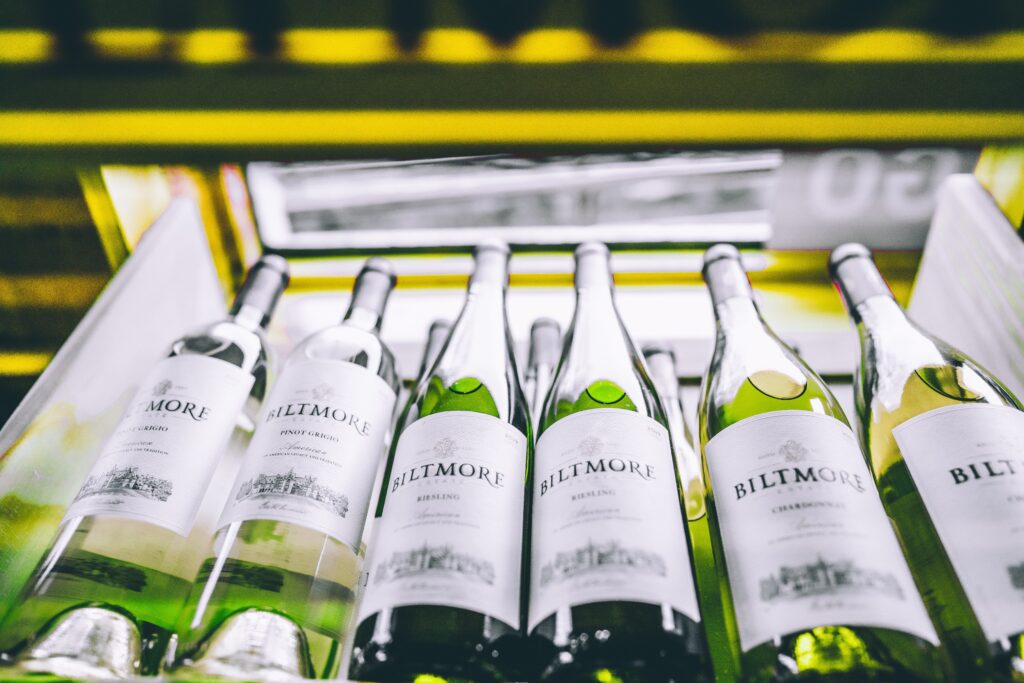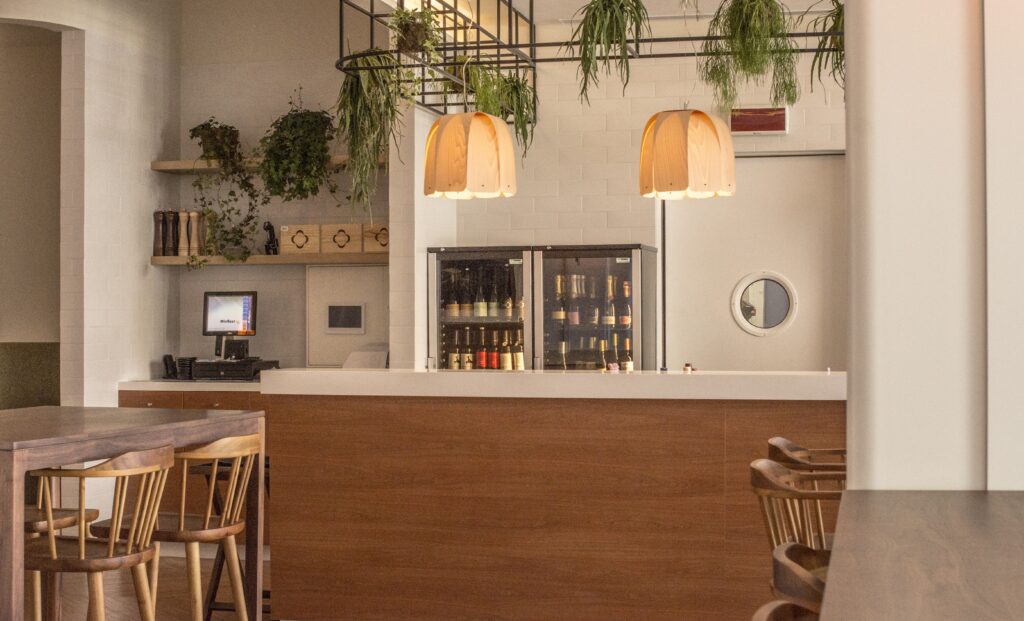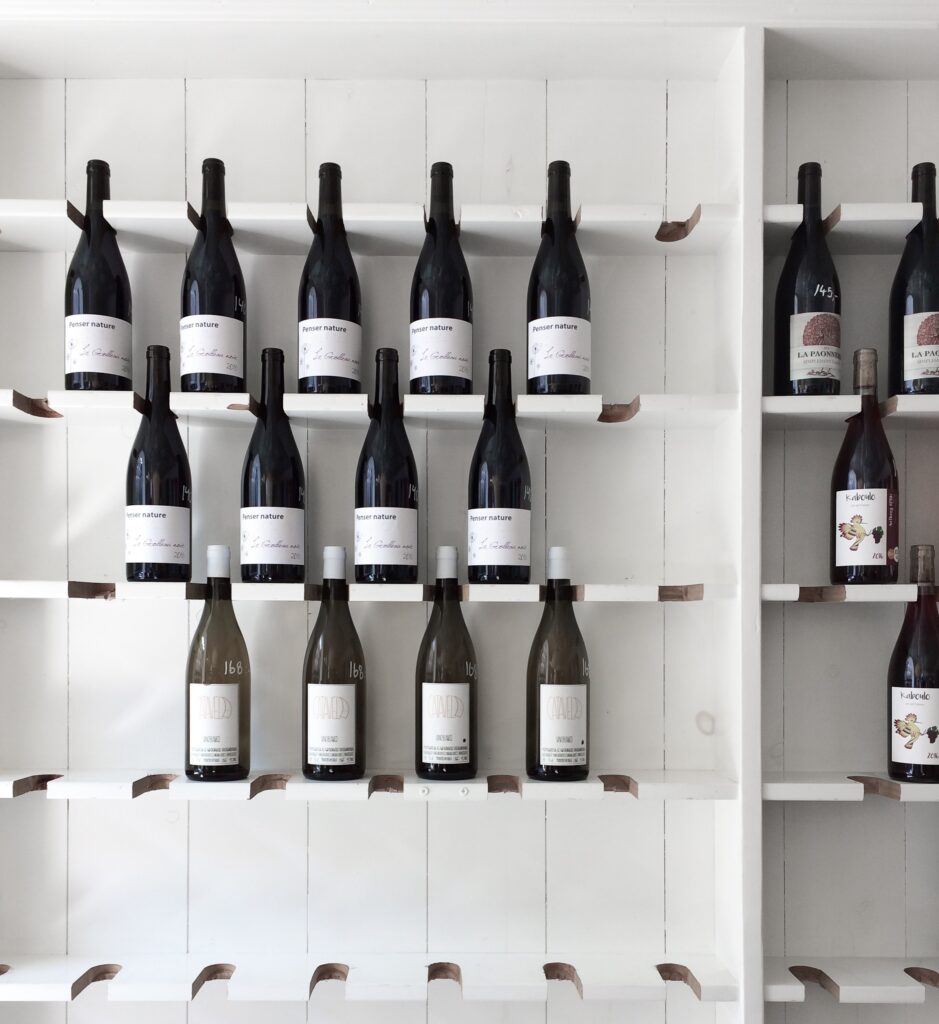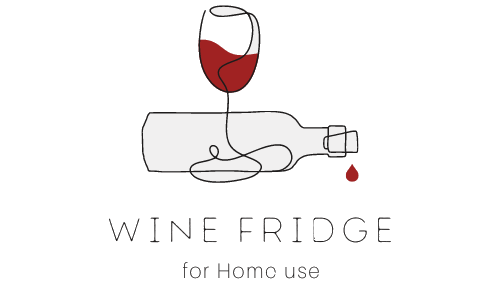If you’re a wine enthusiast with a growing collection, you’ve likely considered investing in a wine fridge to store your bottles in optimal conditions. However, have you ever wondered if keeping your precious wine in a fridge can actually cause it to dry out? In this article, we’ll explore this intriguing question and shed some light on the potential effects of a wine fridge on the moisture levels of your favorite vintages. So, grab a glass of wine, sit back, and let’s find out if your wine fridge could be drying out your beloved bottles.

Understanding the Nature of Wine
Wine is a complex and delicate beverage that requires careful handling and storage to preserve its quality and flavor. As a wine enthusiast, it’s essential to understand the various factors that can impact the condition of your wine. Three crucial elements that play a significant role in wine storage are humidity, temperature, light, and vibration.
Role of humidity in wine storage
Humidity refers to the amount of moisture present in the air. It plays a crucial role in preserving the integrity of wine by ensuring the cork remains moist and prevents it from drying out. Cork is used in most wine bottles as it allows a small amount of oxygen exchange, aiding in the wine’s maturation process. If the humidity levels are too low, the cork can dry out, leading to the wine being exposed to air, resulting in oxidation and deterioration of the wine’s taste.
Importance of temperature control
Temperature control is another critical aspect of wine storage. Extreme temperature fluctuations can negatively impact the quality and taste of wine. When exposed to high temperatures, the wine can expand, which may cause leakage or even spoilage. On the other hand, low temperatures can slow down the wine’s aging process, affecting its flavor development and overall quality. Maintaining a consistent temperature within the recommended range is essential to ensure the wine’s longevity and optimal taste.
The impact of light and vibration on wine
Light and vibration are two additional factors that can adversely affect wine. Exposure to direct sunlight or UV rays can alter the chemical structure of wine, leading to unfavorable taste changes. Vibrations, such as those caused by nearby machinery or heavy foot traffic, can disturb the sediments in the wine, affecting its clarity and taste. Protecting your wine from light and minimizing vibration is crucial to maintaining its quality over time.
Overview of Wine Fridges
Given the significant role that environmental factors, such as humidity and temperature, play in preserving wine, wine fridges have become popular solutions for wine enthusiasts who want to store their collection in a controlled environment.
Different types of wine fridges
There are various types of wine fridges available in the market, ranging from small countertop units to larger built-in models. Countertop wine fridges are compact and ideal for those with a small wine collection or limited space. Built-in wine fridges, on the other hand, are designed to seamlessly integrate into kitchen cabinets or other dedicated spaces, providing a more aesthetically pleasing storage solution.
How wine fridges work
Wine fridges are specifically designed to provide the optimum storage conditions for wine. They typically have dual-zone cooling systems, allowing you to store different types of wine at their respective ideal temperatures. These fridges are equipped with insulation to regulate the internal temperature and a compressor to maintain a stable climate. Many wine fridges also come with features such as UV protection and anti-vibration mechanisms to ensure the wine remains undisturbed.
Benefits of using a wine fridge
Using a wine fridge offers several benefits for wine enthusiasts. Firstly, it provides a dedicated and controlled environment where you can store your wine collection at the optimal temperature and humidity levels. This ensures that your wines age gracefully and retain their intended flavors. Additionally, wine fridges offer a convenient storage solution, protecting your investment and allowing easy access to your favorite bottles. Moreover, by utilizing a wine fridge, you can avoid the risk of exposing your wine to unfavorable external conditions, ensuring its long-term quality.

Possible Risks of Wine Fridges
While wine fridges are designed to provide optimal storage conditions, it’s important to be aware of the potential risks associated with their use.
Potential for temperature fluctuation
Despite their temperature control capabilities, wine fridges can still be susceptible to temperature fluctuations. In some cases, especially with older or poorly designed units, the temperature inside the fridge may not remain consistent throughout. This fluctuation can have a detrimental effect on the wine, as it may experience shifts between hot and cold environments. These temperature fluctuations can alter the wine’s chemistry and accelerate its aging process, potentially leading to a less desirable taste.
Dangers of low humidity
While humidity control is a crucial aspect of wine storage, wine fridges may not always offer optimal humidity levels. Some wine fridges may have low humidity conditions, which can be detrimental to the cork’s moisture content. As mentioned earlier, a dry cork can lead to air exposure and oxidation, ultimately compromising the quality of the wine. Therefore, it’s important to choose a wine fridge that provides suitable humidity levels, or take additional measures to combat low humidity if necessary.
Concerns about light exposure
Although many wine fridges are equipped with UV protection features, there may still be concerns about potential light exposure. If the wine fridge is not properly shielded or positioned away from direct sunlight or intense artificial light sources, the wine bottles inside may still be at risk of light damage. Light exposure can skunk the wine, resulting in unpleasant aromas and flavors. It’s crucial to ensure that the wine fridge is placed in a location away from direct sunlight or to use opaque bottle covers if needed.
Impact of Wine Fridge on the Humidity Level
Let’s dive deeper into the specific impact of wine fridges on humidity levels, which is crucial for preserving wine quality.
How wine fridges manage humidity
Many modern wine fridges are designed with humidity control features to help maintain the ideal moisture level for wine storage. These fridges often utilize a thermoelectric cooling system that cools the air inside without excessively drying it out. Additionally, some wine fridges may have built-in humidifiers or moisture management systems that can be adjusted to regulate humidity levels. By carefully managing the humidity, wine fridges aim to prevent the cork from drying out and maintain the integrity of the wine.
Effects of low humidity levels on wine
If a wine fridge fails to maintain adequate humidity levels, it can have adverse effects on the wine stored inside. When the humidity is too low, the cork can dry out, letting air seep into the bottle. This can result in oxidation, which alters the taste, aroma, and overall quality of the wine. Furthermore, low humidity can also cause the labels on wine bottles to become damaged or detached, making it difficult to identify and appreciate the wines in your collection.
Steps to combat humidity issues
If you notice that your wine fridge is not adequately maintaining humidity, there are steps you can take to address the issue. One option is to use a hygrometer, a device that measures humidity, to monitor the levels inside your fridge. If the humidity is consistently low, consider placing a small dish of water or a humidifier inside the fridge to increase the moisture. It’s important to regularly check and adjust these measures to ensure the humidity is at an optimal level for preserving your wine.

The Phenomenon of Drying Out Wine
Understanding what it means for wine to ‘dry out’ is crucial in comprehending how wine fridges can potentially contribute to this phenomenon.
What it means for wine to ‘dry out’
When we refer to wine ‘drying out,’ we are describing a process in which the wine loses its desired flavors, aroma, and complexity, leading to a dull or flat taste. This can occur due to several factors, including exposure to excessive heat, inadequate humidity levels, or a lack of proper storage conditions. Drying out can significantly impact the overall quality and enjoyment of the wine.
How drying out affects wine quality and taste
When wine dries out, it experiences a loss of moisture. This loss directly affects the balance of flavors and aromas in the wine, making it taste less vibrant and less enjoyable. The natural fruitiness, complexity, and subtleties of the wine can be significantly diminished, leaving behind a flat and uninspiring taste. It’s important to note that once a wine has dried out, it is difficult, if not impossible, to restore it to its original state.
Factors contributing to wine drying out
Several factors can contribute to wine drying out, and the use of a wine fridge is just one of them. Exposure to high temperatures, low humidity, or excessive air exchange can all accelerate the drying-out process. While wine fridges aim to mitigate these factors and provide a controlled storage environment, it’s crucial to ensure that the chosen wine fridge can effectively manage these variables to avoid the risk of wine drying out.
Investigating the Role of Wine Fridges in Drying Out Wine
Now, let’s explore whether wine fridges can indeed contribute to the drying out of wine and what factors might be at play.
Extent to which a wine fridge may cause wine to dry out
While wine fridges can be susceptible to temperature fluctuations and humidity issues, they don’t inherently cause wine to dry out. Rather, it is the improper management of these fridges or the use of low-quality or malfunctioning units that can potentially lead to drying out. By selecting a reputable wine fridge with robust temperature and humidity control features, you can significantly reduce the risk of drying out and ensure the longevity and quality of your wine collection.
Lack of humidity leading to drying out
As discussed earlier, low humidity can be detrimental to wine, potentially leading to cork drying out and oxidation. If a wine fridge fails to provide adequate humidity control, the risk of drying out increases. However, it is important to note that not all wine fridges have issues with humidity, and many come equipped with humidity management features to mitigate such risks. It’s crucial to conduct thorough research and choose a wine fridge that offers reliable humidity control capabilities to prevent drying out.
Cases of wine drying out in wine fridges
While isolated cases of wine drying out in wine fridges have been reported, it’s important to consider the specific circumstances surrounding these incidents. In many cases, the wine fridges involved were either of poor quality, inadequately maintained, or operated under conditions that were not suited for wine storage. By investing in a high-quality wine fridge and following proper storage guidelines, the risk of wine drying out can be significantly minimized.
Protection Measures Against Drying Out
To ensure that your wine remains in optimal condition and doesn’t dry out, there are several protection measures you can take when using a wine fridge.
Choosing wine fridges with humidity control
When selecting a wine fridge, prioritize models that come with reliable humidity control features. Look for fridges that offer adjustable humidity settings or built-in humidifiers to maintain the optimal moisture levels for wine storage. By investing in a wine fridge with robust humidity control capabilities, you can significantly reduce the risk of drying out and preserve the quality of your wine collection.
Proper sealing of wine bottles
Ensuring the proper sealing of wine bottles is essential to prevent air exchange and protect against drying out. Make sure that the corks are tightly inserted into the bottles, creating an airtight seal. If a cork appears loose or damaged, consider using a wine preservation system or transferring the wine to bottles with screw caps or synthetic corks, which provide a reliable seal against air exposure.
Routine checks and maintenance of wine fridge
Regularly monitoring and maintaining your wine fridge is crucial to prevent drying out and ensure its optimal performance. Keep a close eye on the temperature and humidity levels using a hygrometer, and make necessary adjustments when needed. Clean the fridge periodically, ensuring that there are no spills or mold growth inside. Additionally, inspect the fridge’s seals and insulation to ensure there are no leaks or potential sources of temperature or humidity fluctuations.
Final Verdict on Wine Fridges and Dry Wine
In conclusion, wine fridges can provide an excellent storage solution for wine enthusiasts, enabling them to control and maintain optimal storage conditions. While there may be potential risks associated with wine fridges, such as temperature fluctuations and low humidity, these can be mitigated by selecting a reliable and well-designed fridge with suitable features.
It is crucial to balance the benefits and risks of using a wine fridge. Consider your personal needs, the size of your wine collection, and your storage goals when choosing a wine fridge. By investing in a high-quality wine fridge, properly sealing wine bottles, and regularly maintaining the fridge, you can prevent the drying out of wine and ensure the long-term enjoyment of your collection.
Remember, careful management and attention to detail are essential in preserving the quality and taste of your wine. By understanding the nature of wine, the role of wine fridges, and implementing the necessary protection measures, you can confidently store and age your wine collection, knowing that each bottle will be ready to delight your taste buds when the time comes. Cheers to enjoying perfectly stored and well-preserved wine for years to come!
